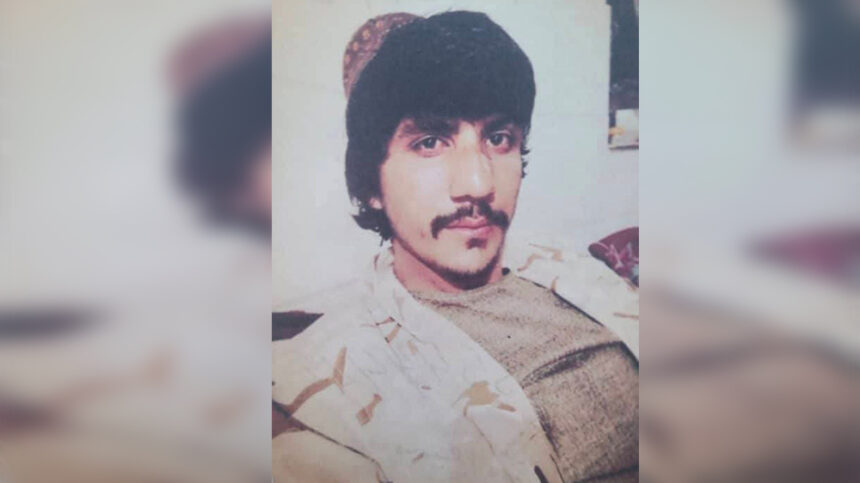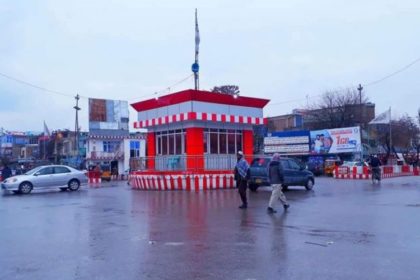RASC News Agency: Amid the Taliban’s continued failure to restore genuine security and uphold the rule of law, local sources in Kandahar report the cold-blooded assassination of a former member of the Afghanistan’s National Police. The victim, identified as Matiullah, was shot dead by unknown gunmen in Police District 2 of Kandahar city on the night of Tuesday, May 20. Originally from Shah Joy district in Zabul province, Matiullah had relocated to Kandahar in recent months, seeking a livelihood as a manual laborer. According to eyewitnesses, Matiullah was targeted while working at his place of employment. He was shot at close range by armed men who fled the scene without being apprehended. As with many similar incidents under Taliban governance, local authorities offered no comment remaining consistent with their pattern of silence or deliberate obfuscation when it comes to crimes against former state personnel.
Matiullah had served as a police officer under the previous republican government but, like thousands of others, was forced into obscurity following the Taliban’s violent seizure of power in August 2021. Although the Taliban had publicly promised a “general amnesty” for former government and security officials, that vow has repeatedly proven meaningless. Instead, former civil servants, soldiers, and police officers have found themselves systematically hunted, imprisoned, or killed in a shadow campaign of retribution. This latest assassination is not an isolated incident. It is emblematic of an alarming rise in extrajudicial killings of former security personnel across Afghanistan. In the absence of credible legal institutions, the Taliban regime has enabled a climate of tribal vengeance and ideological reprisal. Reports from multiple provinces confirm that former military officials have become primary targets often in attacks carried out by individuals with direct or indirect ties to Taliban operatives.
Though no group has claimed responsibility for Matiullah’s killing, circumstantial patterns point to a well-established tactic: eliminate those who once resisted Taliban insurgency and send a clear warning to others who dare question the regime. The Taliban’s reluctance to investigate or prosecute such cases further underscores the complicity if not orchestration of these attacks. According to a recent report by the United Nations Assistance Mission in Afghanistan (UNAMA), between January 1 and March 31, 2025, at least six former security personnel were executed and 23 others were arbitrarily detained. While the UN refrained from naming perpetrators, the consistent lack of accountability casts serious doubt on the Taliban’s capacity or willingness to enforce justice, particularly when the victims are linked to the former republic.
International human rights organizations have raised grave concerns over what appears to be a pattern of state-sanctioned or state-ignored violence against ex-military personnel. “These killings represent a blatant violation of international humanitarian law,” said one legal expert affiliated with a European rights monitor. “The Taliban’s so-called amnesty has become a smokescreen behind which brutal reprisals are carried out with impunity.” The Taliban, despite claiming to have restored security across Afghanistan, have utterly failed to protect even the most basic rights of citizens. Instead, they have presided over a regime marked by intimidation, repression, and a silent war against those affiliated with the former democratic state. The Taliban’s reliance on opaque decrees, unchecked militancy, and informal tribal justice has rendered Afghanistan’s legal framework a hollow shell offering neither protection nor recourse for victims and their families.






